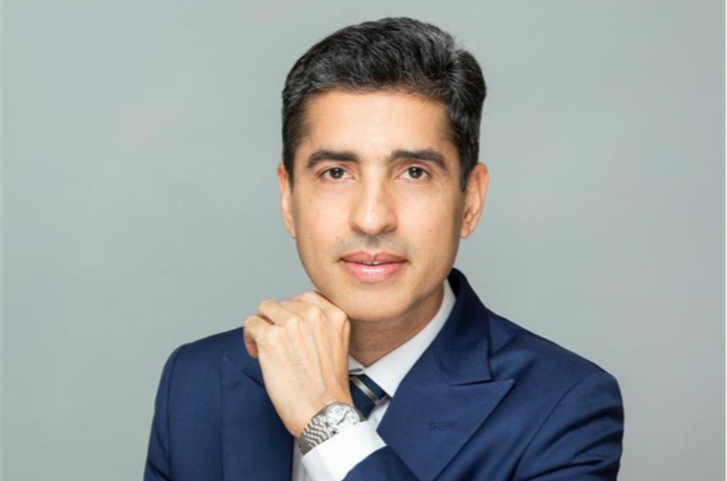
Business
ACCA Exposes Alarming Global Fraud Trends, Calls for Collective Reset
ACCA’s latest global report, Combatting fraud in a perfect storm, reveals a sharply escalating and increasingly systemic fraud landscape—one where cybercrime now dominates both in frequency and financial impact. The study warns that the convergence of cyberfraud, governance weaknesses and AI-enabled deception is fuelling an industrialised fraud environment that demands coordinated, cross-sector action.
Based on insights from more than 2,000 professionals and 31 roundtables worldwide, including participants from the Middle East, the report—launched during International Fraud Awareness Week—highlights how fraud is rapidly evolving to outpace traditional controls, infiltrating value chains and exploiting digital and organisational vulnerabilities.
Developed in collaboration with ACFE, IIA, CISI, ISC2, Airmic and ACi, the report introduces a new Prevalence vs Materiality matrix to help organisations more effectively prioritise resources before fraud erodes value. It is supported by targeted Calls to Action and a Thematic Typology offering guidance for designing practical, behaviour-led governance frameworks that move fraud prevention from “compliance theatre” to meaningful operational practice.
Key Global Findings
-
Cyberfraud ranks highest for both prevalence (39%) and materiality (38%), acting as an amplifier for all other fraud types and linking to fast-growing crypto-related crimes.
-
Despite increasing cases, only 10% of crypto-related fraud is reported to law enforcement—the lowest referral rate of any fraud category.
-
Organised crime networks are rapidly professionalising “fraud-as-a-service”, using AI-powered, cross-border operations that outpace traditional defences.
-
Procurement, abuse of authority and third-party fraud remain pervasive yet under-reported, often hidden within organisations as “operational leakage.”
-
Weak organisational cultures and fragmented accountability structures continue to enable fraud: while 62% acknowledge the importance of fraud awareness training, only 57% believe their organisation proactively looks for fraud—falling to 51% among accountancy professionals.
-
Although ease of reporting averaged 70%, fraud-risk maturity and trust in antifraud systems vary significantly by region, sector and seniority.
Expert Commentary
“Fraud is no longer isolated or opportunistic,” said Rachael Johnson, Head of Risk Management and Corporate Governance at ACCA. “AI has accelerated its scale and speed, while governance gaps and siloed accountability allow it to embed itself within organisational processes. It’s time to ask harder questions: Where are the blind spots? Who owns prevention? And how do we make integrity measurable?”
Kush Ahuja, Head of Eurasia and Middle East at ACCA, added: “This report is a wake-up call for organisations globally, especially in the private sector. It was encouraging to see strong participation from Middle East finance professionals. I am confident that accountants in business across the region will lead the way in strengthening governance and risk frameworks to address this evolving threat.”
A Call for Coordinated Action
The report concludes with a call for a collective reset, urging organisations to embed proactive detection, strengthen accountability, and foster cultures where speaking up is safe and expected. Modern fraud, the report emphasises, requires modernised oversight, interdisciplinary collaboration and governance structures that make integrity both actionable and measurable.
📢
Advertisement Space
750x200 pixels
Click to book this space
Comments (0)
Please log in to post a comment
Login to CommentNo comments yet. Be the first to share your thoughts!